Team of Advanced Practice Providers and Physicians will travel to Diriomo Nicaragua to provide care to the local underserved population as well as educating the local nursing school. Nicaragua's Healthcare System remains underdeveloped with access to care and availability of medical resources remaining largely inequitable and region-specific.
While endemic mosquito borne illness with lower respiratory tract infections is a significant health care concern, cardiovascular disease and diabetes remain the top two diagnoses of morbidity and mortality, requiring further screening, treatment/intervention and education for both patients and medical providers alike.
Our itinerary upon arrival is to host a Community Clinic in the mornings and afternoons, treating the backlog of patients suffering from acute illness while also being able to identify patients with chronic or complex medical problems that will require ongoing care. In addition, we will utilize small teams of 3-4 practitioners to participate in house calls for those with mobility issues or those with complex medical problems that are unable to travel to the clinic. We also expect to spend time with the local nursing school to help train, prepare and educate the next generation of nurses to take care of their patients and community. Socially, our group looks forward to hosting an event for school children (like a movie night), girls/boys night, or host a prom for special needs children/adults. We take pride in our holistic approach to community care. Our commitment extends beyond addressing physical and medical needs; we prioritize and dedicate time to meeting the emotional and social needs of our community as well. This comprehensive approach is a cornerstone of our service philosophy.
The local citizens will benefit from standardized care as well as the next generation of resident nursing students who will continue to serve their community. I also believe the medical providers traveling to this area will remember and internalize this experience for the duration of their career. Providing care to these people in this scenario will undoubtedly shape how we deliver care to our own patients, how we operate as a team, and how to appreciate and utilize the resources we have available.
The healthcare quality equation is represented as overall value equal to the quality of care divided by cost. Value, in this sense, is variable and dependent upon the different regions, communities or individual’s definition of value and what is most important to them.In a region where insurance is nonexistent, financial aid is unavailable, and resources are scarce, understanding the cost implications of healthcare becomes critically important. Recognizing the financial constraints of our patients is essential for providing realistic and accessible care options.
Clinical education provides essential knowledge and skills, but understanding patient context comes from real-world experience and relationship-building. The most effective treatment plans align with patients' values and resources, not just textbook solutions. Empathy and compassion are critical skills that require constant practice to avoid complacency. Immersing oneself in patients' environments offers invaluable insights into their goals, available resources, and perceived obstacles. This understanding allows clinicians to bridge the gap between medical knowledge and practical application, ensuring that their expertise truly benefits patients in meaningful ways.
This medical mission aims to create lasting positive changes within the Diriomo community, rather than providing only temporary relief.
Our goal is to assist with acute care as well as facilitate follow up for long-term/chronic healthcare. We are focused on promoting standardized, evidence based care by transferring knowledge and skills to new providers in the community. Furthermore, we are committed to deepening our connections within the community; to become part of the local social fabric, fostering trust and understanding that goes beyond traditional healthcare provider roles.
This will be our group's 10th visit to the region. This commitment helps ensure regular, recurring visits to the same location that facilitates trust in the relationship as well as promoting sustainable in-country health operations. Moreover, engaging in this mission offers a unique opportunity to become an advocate for hands-on global healthcare philanthropy. By participating, I can honor the legacy of those who paved the way before me while simultaneously enhancing the path for future volunteers embarking on their international service journeys.
Currently, individual provider funds provided by the hospital allocated for CME do not support international expeditions or travel. The out-of-pocket expense presents a significant barrier to participation in global health care initiatives. Securing grant funding would alleviate this financial burden, ensuring that cost is no longer the primary obstacle for those who wish to dedicate their time and experience.
This mission will undoubtedly serve to instill humility and evoke an authentic degree of empathy in the providers who serve. Moreover, engaging in this mission offers a unique opportunity to become an advocate for hands-on global healthcare philanthropy. By participating, I can honor the legacy of those who paved the way before me while enhancing the path for future volunteers embarking on their international service journeys.



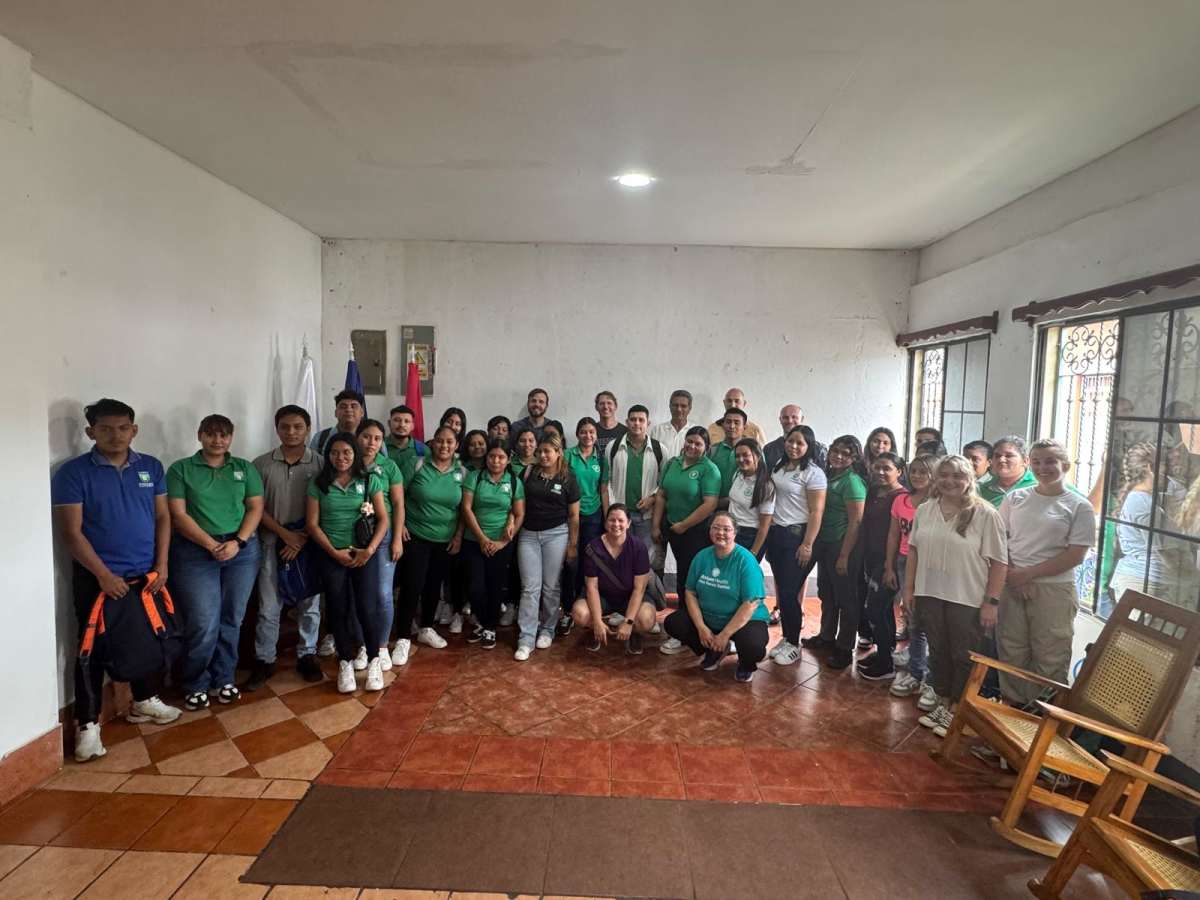
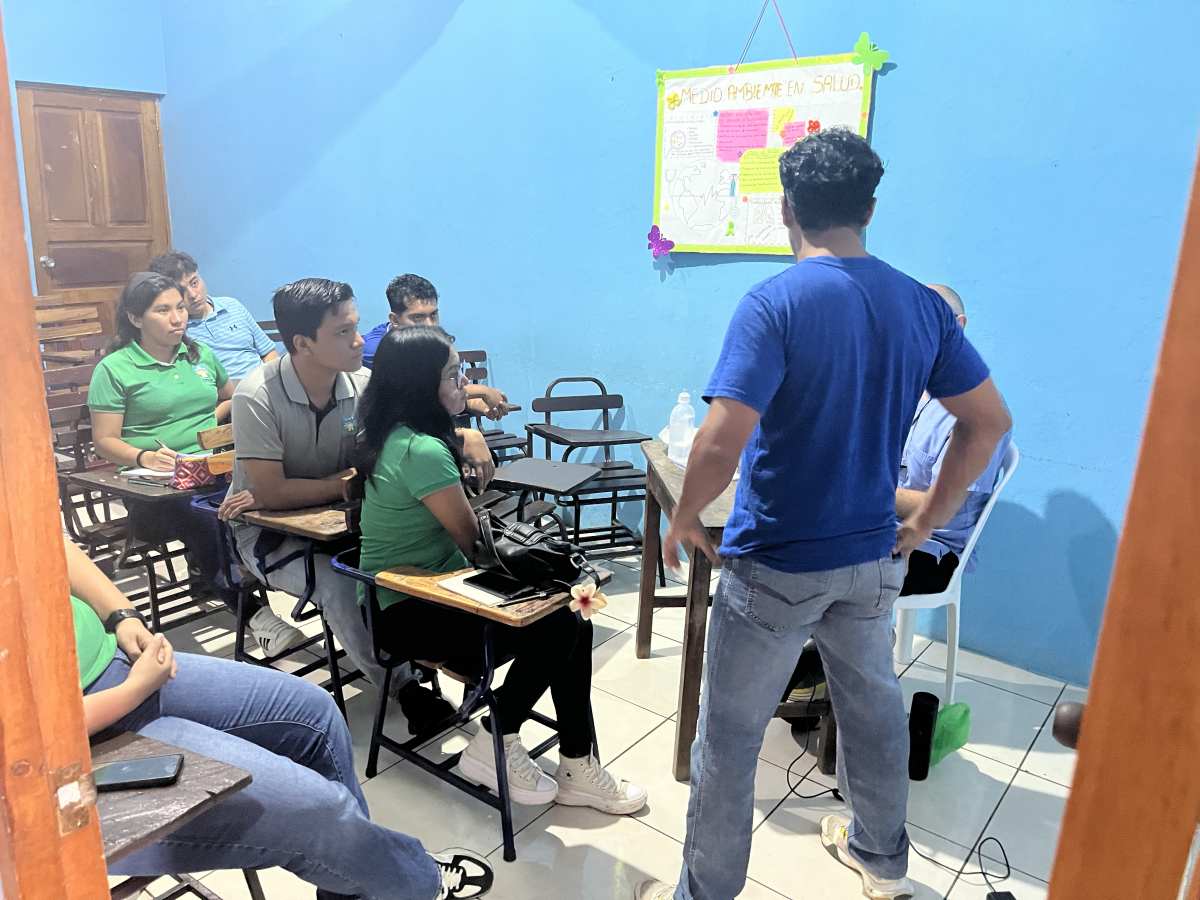
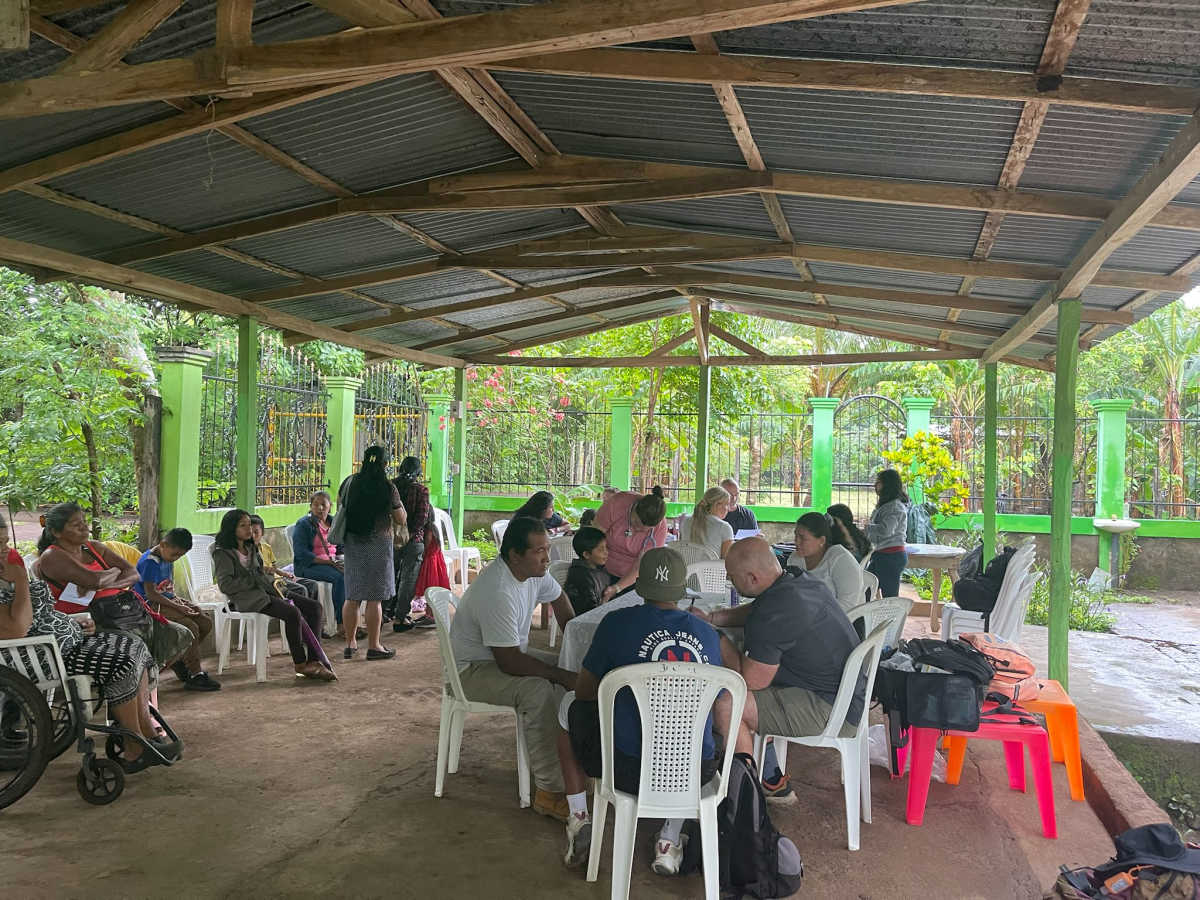
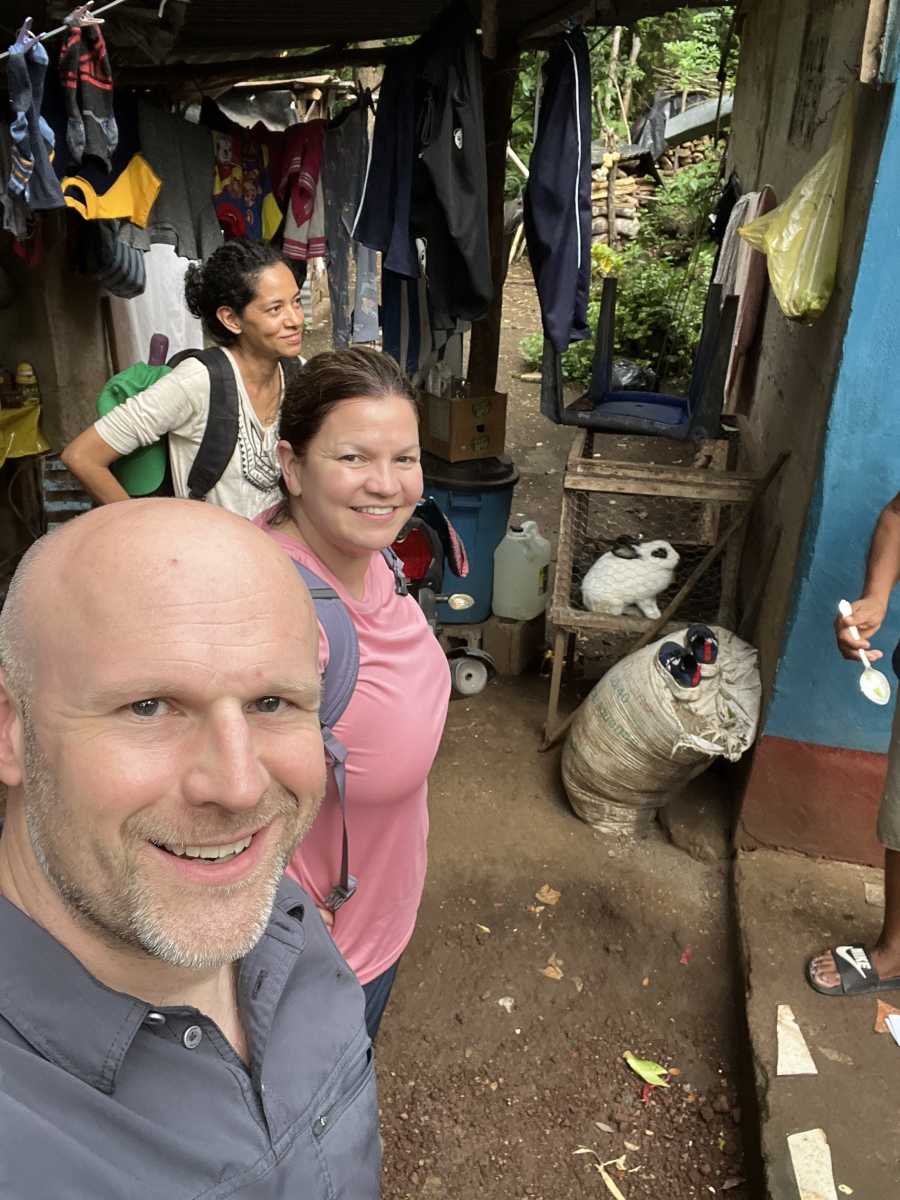
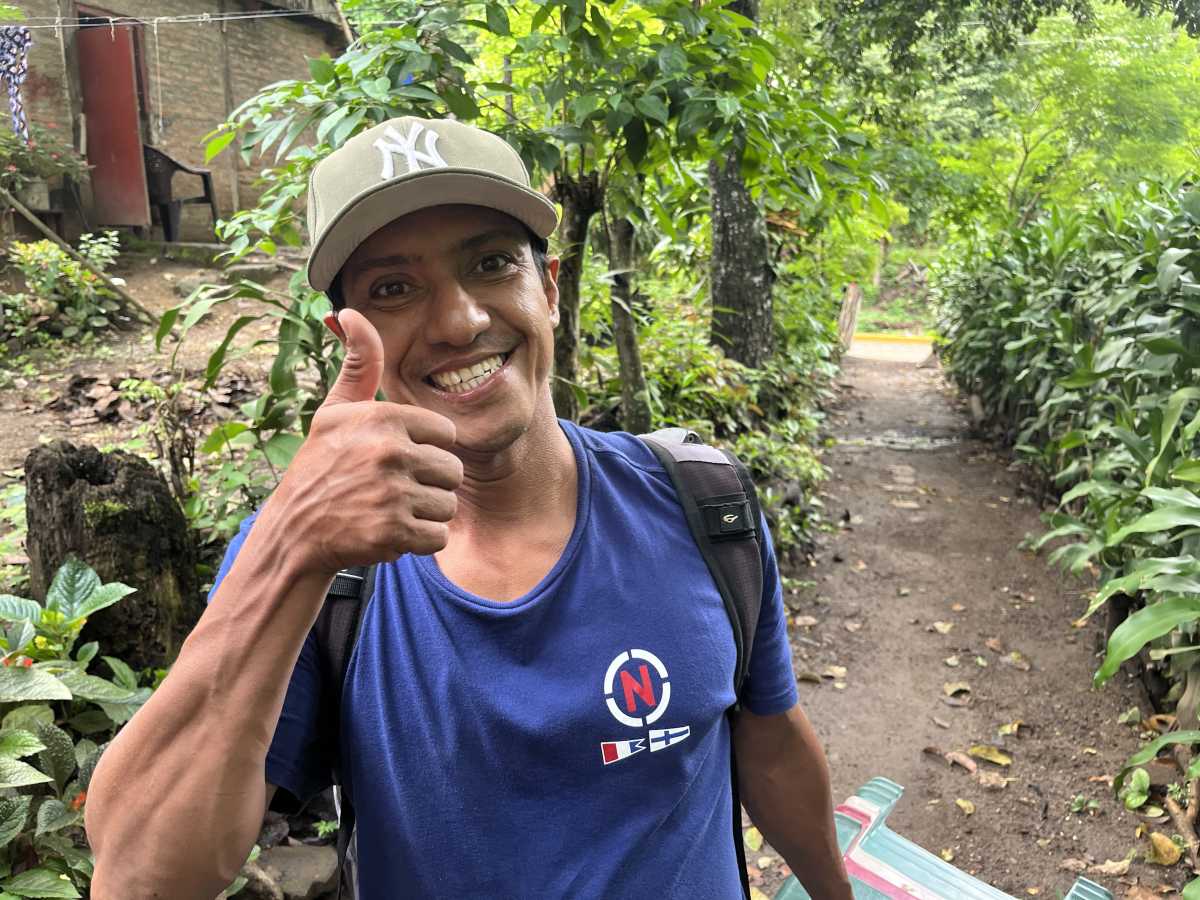

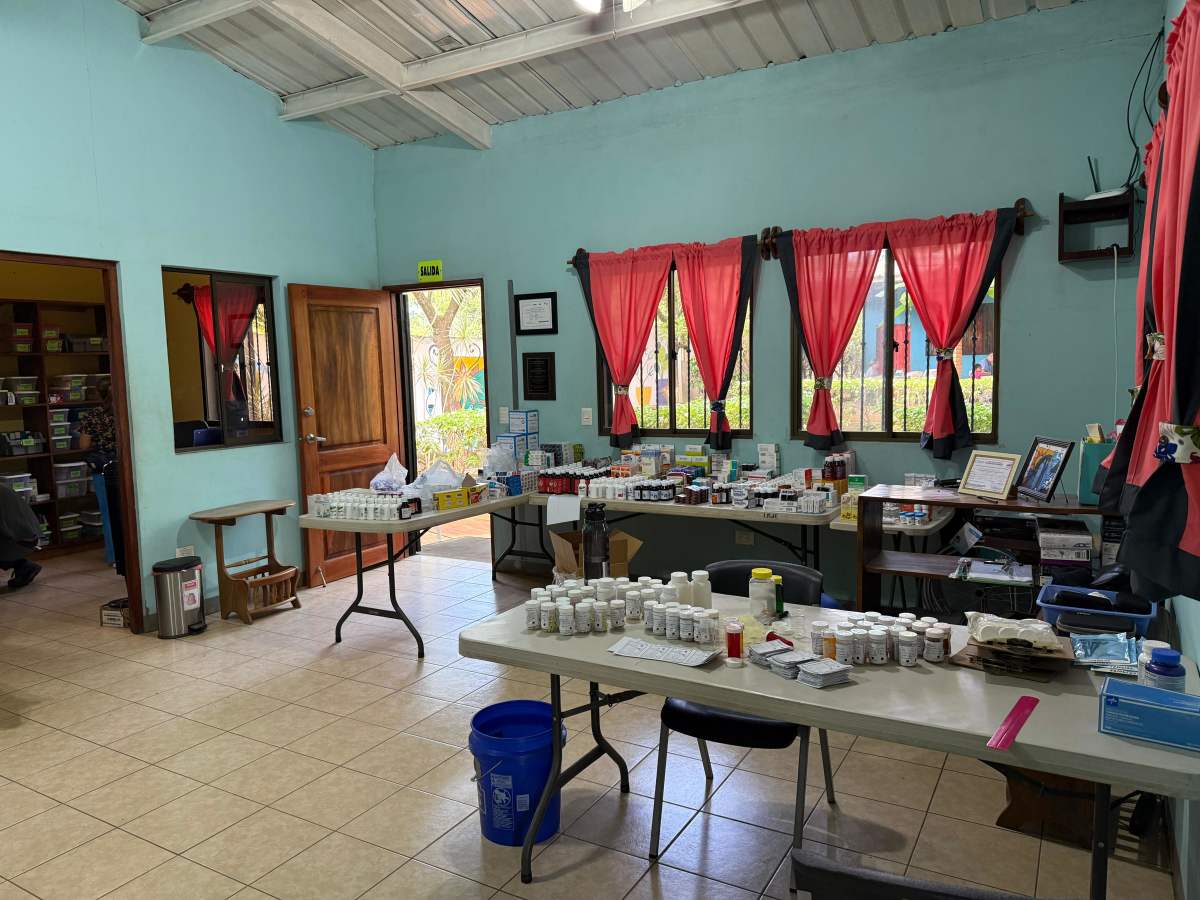












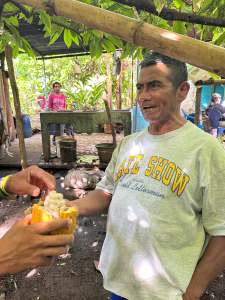

Participating in a medical mission to Nicaragua was a profoundly moving and eye-opening experience. From the moment we landed, the country’s vibrant scenery and the warmth of its people stood in stark contrast to the hardships visible all around—limited infrastructure, uneven roads, and humble homes. Yet, what resonated most was the incredible sense of community and resilience that persists in the face of daily challenges.
Our days began early with team meetings where we reviewed logistics and set intentions, quickly learning the necessity of staying flexible. Clinic locations and patient needs varied from day to day, requiring doctors, APPs, nurses, translators, and non-medical volunteers to work closely together as we set up temporary clinics in churches, community centers, and even private homes.
In these clinics, we provided a range of care, greeting patients, assessing their concerns, recording histories, and managing both acute and chronic illnesses such as infections, skin conditions, hypertension, and diabetes. Medications—both donated and purchased—were dispensed, and we prioritized patient education on vital health topics, often with invaluable support from interpreters bridging the language gap.
The mission was full of deeply rewarding moments:
Seeing patients express genuine gratitude for care they would otherwise forgo.
Bringing comfort to children and families through simple interventions.
Building strong working relationships with local healthcare providers, and learning from their ingenuity.
Dedicating time to teaching the next generation of nurses at the local nursing school—equipping them with new skills to better serve their communities long after our team departed.
However, these high points were accompanied by sobering challenges:
Witnessing families and communities facing significant insecurity around necessities such as clean water, food, and shelter.
Confronting preventable health conditions that had worsened due to lack of early access to care.
Navigating language differences, relying at times on creative non-verbal communication.
Feeling the emotional weight of being unable to address deeper, long-term issues like chronic illness or systemic poverty.
Working in Diriomo alongside local partners provided powerful lessons about Nicaraguan culture: the centrality of family, remarkable resilience in the face of scarcity, and the importance of faith and tradition. Evenings spent sharing meals, sampling local cuisine, and reflecting with team members further enriched the experience.
Ultimately, this mission was equal parts humbling and transformative. It deepened our appreciation for the strength and spirit within the Nicaraguan community and underscored how vital sustainable, culturally mindful care is. We learned that lasting change relies heavily on empowering local providers and fostering ongoing involvement and education.
Serving on a medical mission in Nicaragua is as challenging as it is rewarding. Its legacy endures not just in the care provided, but in the friendships formed, the lessons learned, and a renewed commitment to global health equity.